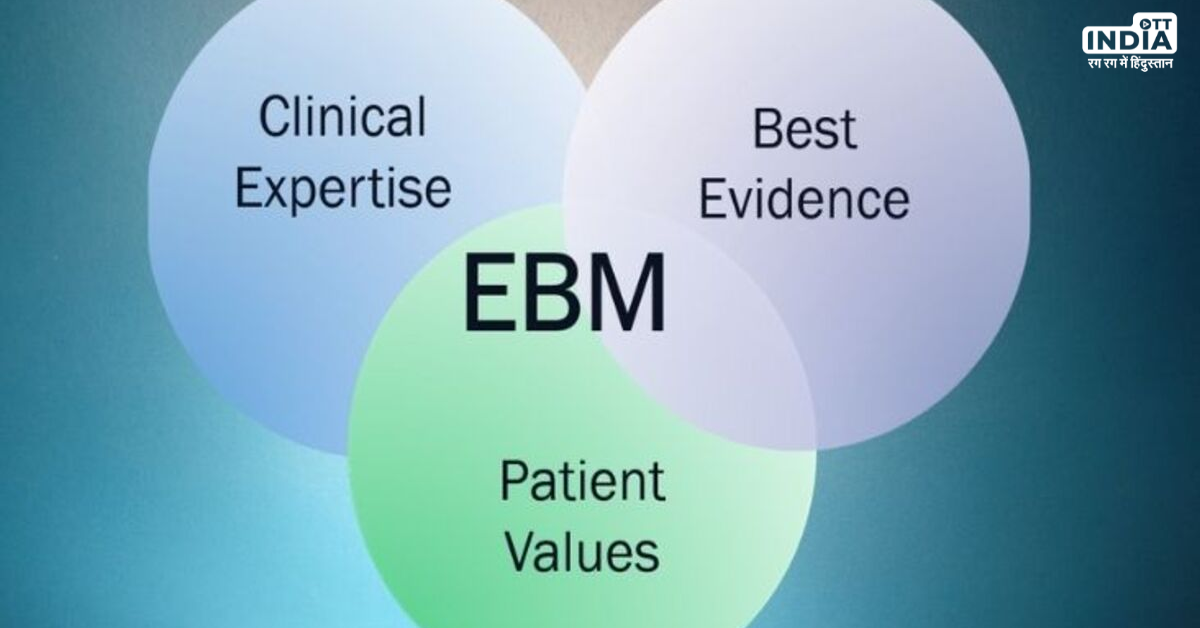The Integration of Alternative Medicine: A Holistic Approach to Health
Alternative medicine, often referred to as complementary or integrative medicine, is gaining recognition as an essential component of modern healthcare. Let us explore the world of alternative therapies and their growing integration with conventional medicine, ushering in a new era of holistic health.
The Rise of Alternative Medicine:
Alternative medicine encompasses a wide range of therapies, practices, and treatments that are not traditionally part of Western medical care. These include acupuncture, herbal medicine, chiropractic care, yoga, meditation, and many others. Over the years, the popularity of these therapies has surged as individuals seek holistic approaches to health and wellness.
Complementary vs. Alternative Medicine:
Complementary medicine refers to therapies used alongside conventional medical treatments to enhance their effects or alleviate side effects. Alternative medicine, on the other hand, is used in place of conventional treatments. Today, the terms are often used interchangeably, reflecting the increasing collaboration between alternative and traditional healthcare providers.
The Holistic Approach:
One of the key principles of alternative medicine is its holistic approach to health. It recognizes that the mind, body, and spirit are interconnected, and any imbalance can lead to illness. Practitioners of alternative therapies often focus on treating the root causes of health issues rather than just addressing symptoms.
Integration with Traditional Medicine:

Evidence-Based Practice:

Conditions Treated with Alternative Therapies:

The Role of Mind-Body Practices:
Mind-body practices, such as yoga, meditation, and tai chi, have gained popularity for their ability to reduce stress, improve mental health, and enhance overall vitality. These practices are now commonly recommended alongside traditional treatments.
A Collaborative Future:
The integration of alternative medicine into mainstream healthcare represents a paradigm shift towards patient-centered care. More healthcare providers are working collaboratively to address the diverse needs of patients, combining the best of both worlds for a comprehensive approach to healing.

Also Read: Emerging Diseases and Outbreaks: Vigilance in the Face of Threats
OTT India updates you with the latest news, The Country’s no.1 digital news platform OTT India, Keeps you updated with national, and international news from all around the world. For more such updates, download the OTT India app on your Android and IOS device.
.





